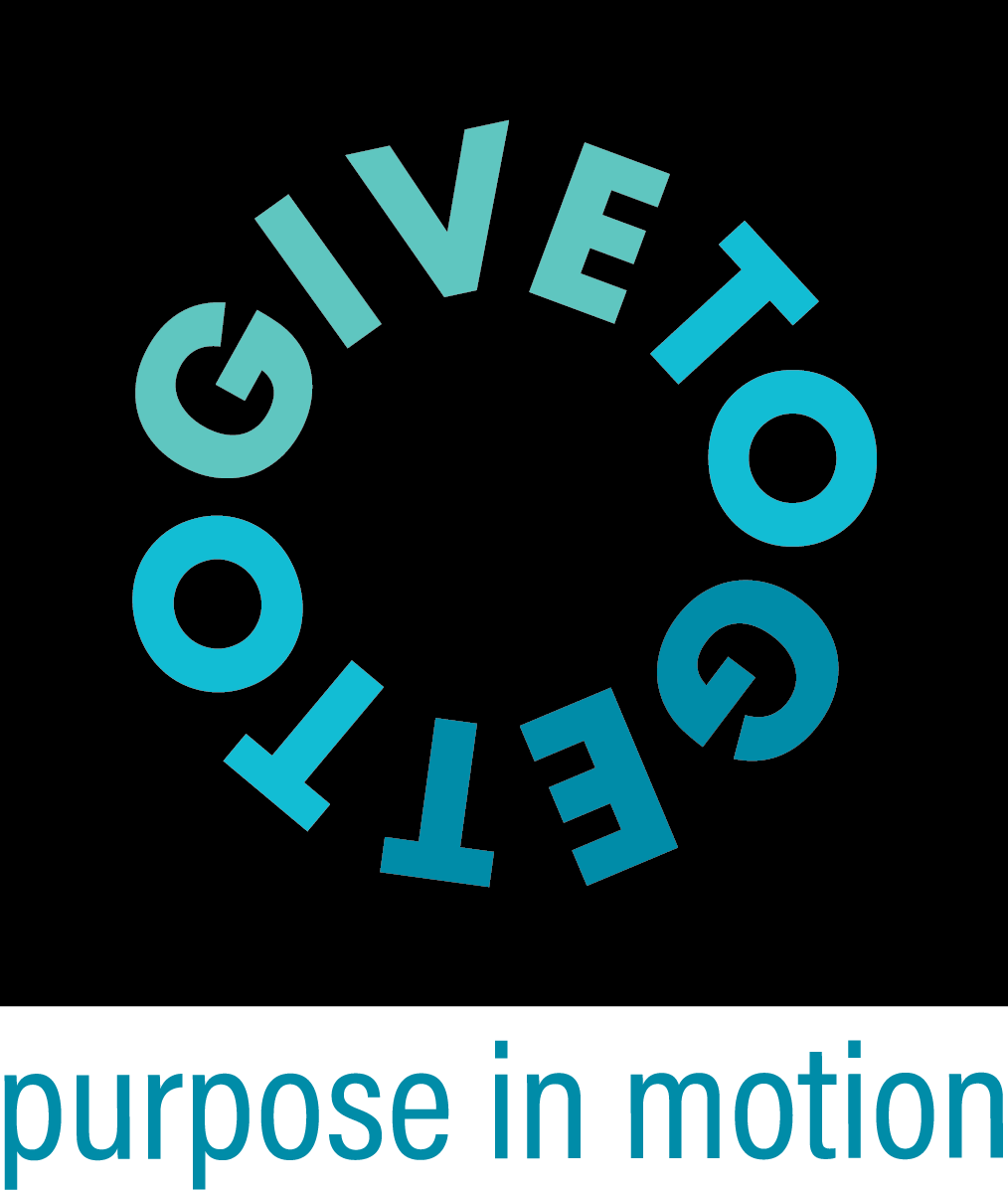How to Support Ending Racial Injustice
Give To Get has been a leader in the social impact space for more than 25 years. During our history, we have spent quite a bit of time vetting nonprofits for our corporate clients. We evaluate potential partners across a range of standards, most importantly, the efficacy of their work in the communities they serve, and their ability to welcome and incorporate volunteers in their operations.
In the last week, however, many of our clients have asked how they can help achieve racial equality in the United States. At this point, the most immediate impact can be made by signing petitions, donating to assorted nonprofits, and educating oneself on the systemic racism that is being protested around the world.
While we realize that not everyone has the ability to participate in one of the peaceful protests that are taking place across all 50 states, there are many ways to support, learn, and listen about injustice. Here are just a few:
Support:
ACLU: The ACLU has been at the center of nearly every major civil liberties battle in the United States for more than 100 years. Support the organization here: https://action.aclu.org/give/now
Black Lives Matters: #BlackLivesMatter was founded in 2013 in response to the acquittal of Trayvon Martin’s murderer. Black Lives Matter Foundation, Inc., is a global organization in the US, UK, and Canada, whose mission is to eradicate white supremacy and build local power to intervene in violence inflicted on Black communities by the state and vigilantes. https://blacklivesmatter.com/about/
Black Visions Collective (BLVC): BLVC believes in a future where all Black people have autonomy, safety is community-led, and more. https://www.blackvisionsmn.org
NAACP Legal Defense and Educational Fund, Inc.: The NAACP Legal Defense and Educational Fund, Inc., is America’s premier legal organization fighting for racial justice. Through litigation, advocacy, and public education, LDF seeks structural changes to expand democracy, eliminate disparities, and achieve racial justice in a society that fulfills the promise of equality for all Americans. https://www.naacpldf.org/about-us/
The National Bail Fund Network: The National Bail Fund Network is made up of more than 60 community bail and bond funds across the country. They regularly update their listings of community bail funds that free people by paying bail/bond and are also fighting to abolish the money bail system and pretrial detention. https://www.communityjusticeexchange.org/nbfn-directory
Learn:
Freedom is a Constant Struggle: Ferguson, Palestine, and the Foundations of a Movement / Angela Davis
Angela Davis, a political activist and author, has been quoted often since George Floyd’s death. Freedom is a Constant Struggle compiles Davis’ thoughts and essays on topics like the Ferguson protests and more.How to Be an Antiracist / Ibram X. Kendi
Ibram X. Kendi, founding director of the Antiracism Research and Policy Center, shows that when it comes to racism, neutrality is not an option. We must be part of the solution. Otherwise, Kendi says, we are part of the problem.Men We Reaped / Jesmyn Ward
Contemporary author Jesmyn Ward recounts the deaths of five young black men in her life over as many years. Although their deaths were not due to police violence, the author does highlight the pain of living in poverty and how that can lead to death by drugs, accidents, suicide, and more.So You Want to Talk About Race / Ijeoma Oluo
Ijeoma Oluo offers a contemporary, accessible take on the racial landscape in America, addressing issues like privilege, police brutality, intersectionality, micro-aggressions, the Black Lives Matter movement, and the "N" word.The Fire Next Time / James Baldwin
This book is divided into two parts. The first is a letter written to Baldwin’s nephew on the 100th anniversary of the abolition of slavery. The second is a reflection on the author’s years growing up in Harlem. Although it highlights the dire situation of the nation in the 1960s, it’s also hopeful.The New Jim Crow: Mass Incarceration In the Age of Colorblindness / Michelle Alexander
Lawyer Michelle Alexander traces how and why the number of prisoners in America rose from 350,000 to more than 2 million between the 1970s and 2010. She attributes part of this rise to the “war on drugs” launched by President Reagan. Although some of those policies have changed, in 2019, 4.7% of all black millennial men in the US were incarcerated.They Can’t Kill Us All: Ferguson, Baltimore, and a New Era in America’s Racial Justice Movement / Wesley Lowery
Wesley Lowery, a reporter for The Washington Post, covered the deaths of many unarmed black men — Michael Brown, Tamir Rice, and Freddie Grady — at the hands of white police officers. Lowery also highlights his arrest during the Ferguson protests after “failing to disperse” quickly enough.White Fragility: Why It’s So Hard for White People to Talk About Racism / Robin DiAngelo
In this book, Robin DiAngelo illuminates the phenomenon of white fragility and allows us to understand racism as a practice.
Listen:
New York Times’ 1619: This podcast offers insight into the four centuries since slavery began and slavery’s painful legacy.
The #GroundingsPodcast: This podcast provides well-researched information to explore moments in social justice history.
NPR’s Code Switch: This podcast shines a light on the nature of racism in all aspects of our lives, including language, workplace cultures, and social norms.
Ear Hustle: In this podcast, individuals provide insight into the reality of incarceration, redemption, and restorative justice.
We understand that everyone has their own needs during this time. If you’d like to do a bit more, you can always consider supporting local businesses owned by African American community members, including these bookstores.

